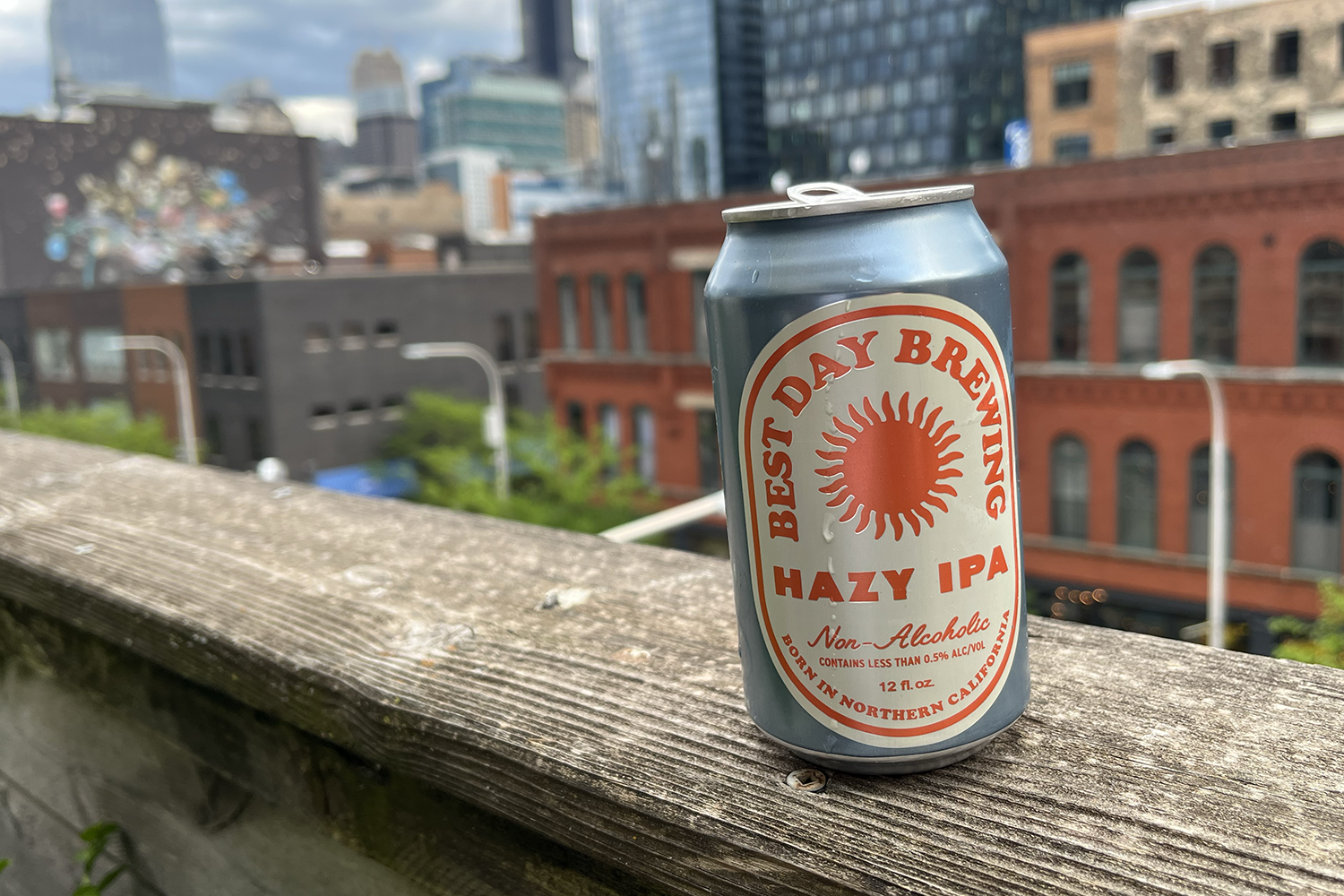Accredited mental health support training without a degree
For many years, helping others through mental health challenges meant becoming a licensed therapist—a path requiring graduate school, thousands of clinical hours, and a major financial investment. But today, a range of accredited programs and certificates make it possible for people to contribute meaningfully to mental-health support without changing careers. These opportunities allow individuals with empathy, lived experience, or a desire to help their communities to facilitate groups, mentor others, and strengthen the grassroots network of support that exists alongside professional therapy.
Here are some of the most accessible ways to get mental-health support training in the United States:
1. Peer Support Specialist Certification
Peer Support Specialists use their own lived experience with mental illness or recovery to help others navigate similar challenges. Nearly every U.S. state offers a version of this credential—often called Certified Peer Specialist (CPS), Certified Recovery Peer Advocate (CRPA), or Certified Recovery Support Specialist (CRSS).
Typical requirements include:
A high school diploma or GED
40–100 hours of approved training
Supervised experience (usually 500–2,000 hours)
A written exam
While it’s a serious commitment, this credential is highly respected and allows people to work in hospitals, community agencies, and nonprofits as recognized peer professionals.
2. Short Recovery and Support Certificate Programs
Many community colleges and universities now offer non-degree certificates in recovery support, behavioral health, or community mental-health work. These programs generally combine 100–150 hours of classroom instruction with an internship or practicum component, giving students direct experience in peer-support environments.
Graduates can pursue entry-level roles or use the training as a foundation for a full peer-support credential later on.
3. DBSA Peer Specialist Course (Online Certificate)
The Depression and Bipolar Support Alliance (DBSA) offers a nationally recognized Peer Specialist Course, an 80-hour online certificate designed to prepare individuals to provide peer-based mental-health support. The course combines self-paced online learning with a multi-day virtual workshop and concludes with a final exam. Graduates receive a Certificate of Completion from DBSA—an acknowledgment of specialized peer-support training that is respected across the country.
In some states, completion of the DBSA course can also count toward the educational requirements for a Certified Peer Specialist credential. It’s an ideal option for those who want to gain structured, credible training without enrolling in a degree program or committing to full-time study.
4. Substance-Use Counseling Certificates
Those interested in addiction recovery can pursue credentials such as Certified Alcohol and Drug Counselor (CADC) or Licensed Alcohol and Drug Counselor (LADC). These certifications combine classroom education with supervised fieldwork and generally take six months to two years to complete—shorter and more affordable than a traditional counseling degree.
5. Community Health Worker (CHW) Programs
Community Health Worker programs—offered through public-health departments and colleges across the U.S.—teach outreach, education, and care-navigation skills, often including modules on mental-health awareness and crisis response. Most can be completed in a few weeks to six months and prepare graduates to work in health education, community support, or care-coordination roles.
Expanding access to mental-health care means empowering more people to take part in it. Peer-based certifications and short training programs bridge the gap between clinical therapy and everyday community support. They allow people to transform empathy and lived experience into structured, ethical, and effective help. Whether your goal is to volunteer a few hours a month or begin a new chapter in mental-health advocacy, there’s a training path that fits your schedule and level of commitment. Mental-health support doesn’t begin and end in the therapist’s office—it grows in community centers, workplaces, and conversations between people who care.



























